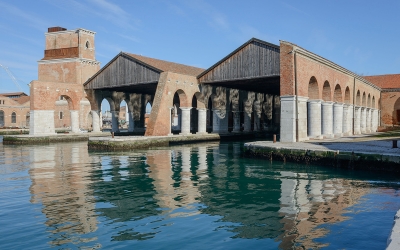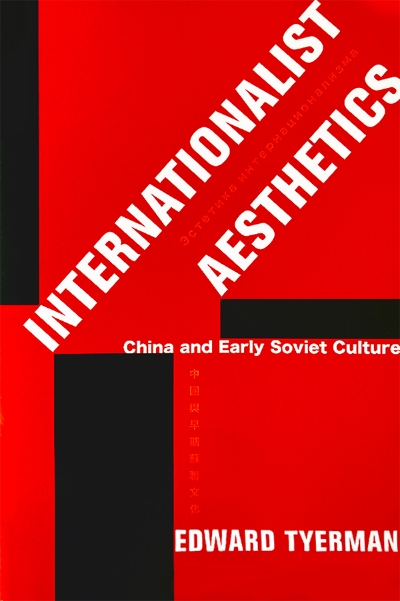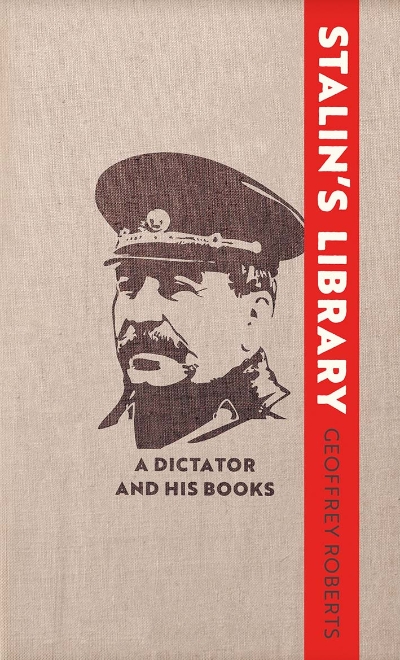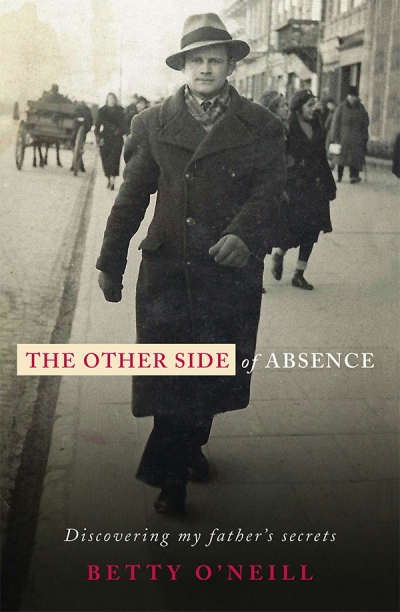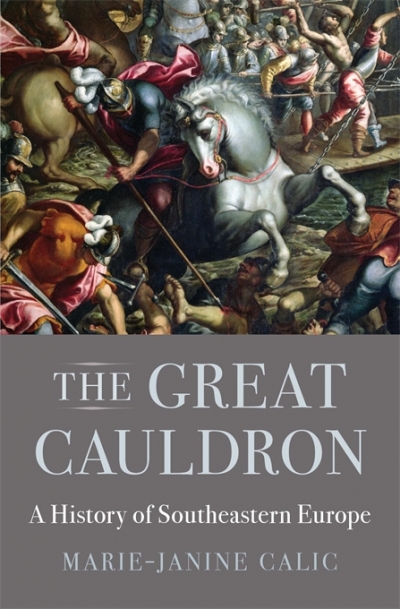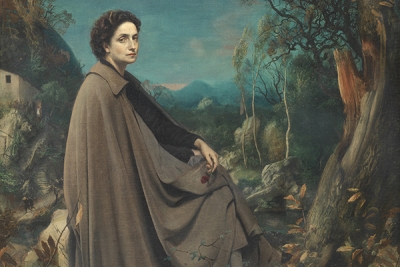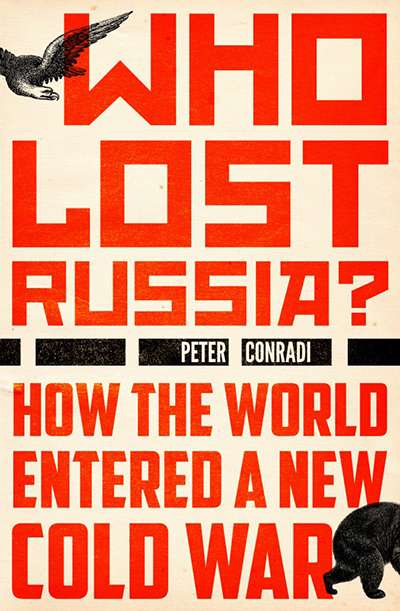Iva Glisic
Red Closet: The hidden history of gay oppression in the USSR by Rustam Alexander
The 59th Venice Art Biennale is an invitation to imagine. After the pandemic caused the event to be postponed for just the third time in its 127-year history (the other two instances being the two world wars), there was hope at the beginning of the year that this would be ‘the Biennale of rebirth’, marking a return to some kind of normal. Amid widespread global crisis, this could easily be dismissed as an optimistic goal ...
... (read more)Internationalist Aesthetics: China and early Soviet culture by Edward Tyerman
The Other Side of Absence: Discovering my father’s secrets by Betty O’Neill
The Great Cauldron: A history of southeastern Europe by Marie-Janine Calic, translated by Elizabeth Janik
A Window on Italy – The Corsini Collection: Masterpieces from Florence (Art Gallery of Western Australia)
The final week of February in Australia means, among other things, that another summer is almost over. Yet in contrast to the fleeting nature of lived experience, a new exhibition at the Art Gallery of Western Australia calls attention to the enduring power of art to capture and convey human passions ...
... (read more)

